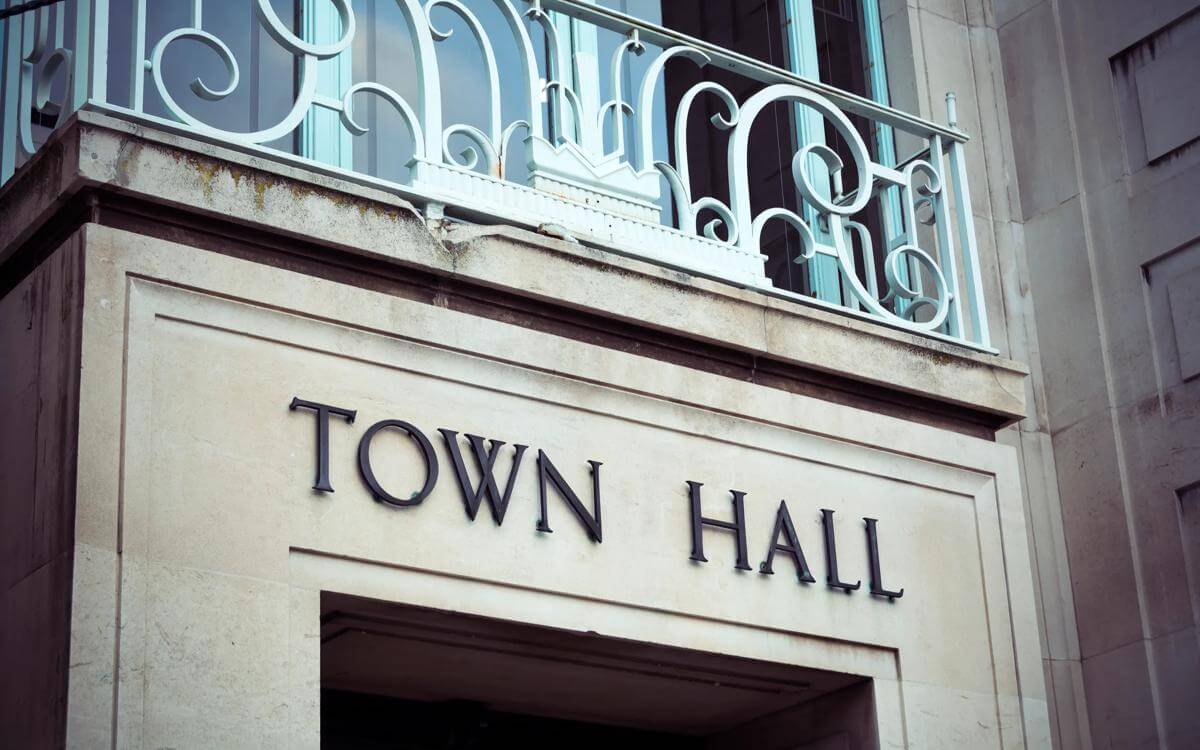Sequent Nominees Ltd (formerly Rotrust Nominees Ltd) v Hautford Ltd [2019] UKSC 47
A landlord did not act unreasonably by withholding consent to a tenant’s request to make a planning application because of the increased risk of enfranchisement.
A landlord did not act unreasonably by withholding consent to a tenant’s request to make a planning application because of the increased risk of enfranchisement.
Facts
The tenant (H) held a 100 year lease of a building granted in 1986. The building consisted of a large retail unit on the ground floor, offices on the first and second floors and residential accommodation on the top two floors.
H wanted to change the use of the first and second floors to residential. This was permitted by the user clause in the lease (clause 3(11)) which allowed residential use of the whole building with no qualification. However, planning permission for a change of use was needed and the lease required H to comply with all planning statutes and regulations and prevented H from applying for planning permission without the consent of the landlord (S), such consent not to be unreasonably withheld (clause 3(19)).
S refused consent to H’s planning application on the ground that giving consent would increase the prospect of H being able to make a successful claim to enfranchise under the Leasehold Reform Act 1967 (which would, of course, damage S’s reversion).
Issue
Was S acting reasonably in refusing consent?
Decision
Lord Briggs rejected three arguments as to why S could not take into account the increased risk of enfranchisement in reaching its decision and, in doing so, the majority of the Law Lords concluded that consent had not been unreasonably withheld.
The first argument was that refusal of consent under clause 3(19) was inconsistent with the rights granted to H under clause 3(11). This was rejected on the basis that the two clauses must be read together. Clause 3(19) required H to act consistently with planning legislation and so clause 3(11) in effect only allowed residential use of the building to the extent that it was permitted by the planning regime.
The second argument was that clause 3(19) served a limited purpose only of protecting S from any liability for complying with any conditions attached to any planning permission applied for by H. This was rejected on the basis that clause 3(19) could serve more than one purpose.
The third argument was that it made no sense to allow S to refuse consent to H’s planning application to avoid the risk of enfranchisement because a third party could apply for the same planning permission free of any such restraint and with the same adverse consequences. This was rejected on the basis that, as a matter of fact, no third party had applied for planning permission and so, at the time of H’s request, S’s ability to refuse consent under clause 3(19) gave S a real measure of protection against enfranchisement.
Points to note/consider
- Although there is no other reported case concerning the reasonableness of a landlord’s refusal to consent to a tenant’s application for planning permission, the Supreme Court applied the same general principles that apply when considering if a landlord has unreasonably withheld consent to a proposed assignment (most recently summarised by the House of Lords in the case of Ashworth Frazer Ltd v Gloucester City Council [2001] 1 WLR 2180). In particular, a landlord is not entitled to refuse consent on grounds which have nothing to do with the relationship of landlord and tenant in regard to the subject matter of the lease. In this case, Lord Briggs felt that a landlord seeking to avoid a significant increase in the risk of enfranchisement (with the damage to its reversion that will inevitably result) was something connected with the landlord and tenant relationship created by the lease. As he stated:
“…damage to the reversion is the quintessential type of consideration rendering reasonable the refusal of consent…”.
In his view, a down to earth factual analysis of the economic consequence to S of giving or refusing the requested consent clearly showed that a refusal was reasonable. - This was clearly a difficult issue for the Supreme Court as two of the five Law Lords disagreed with the decision (as had the original trial judge and the Court of Appeal). Lady Arden and Lord Wilson both thought that H’s freedom to use the building for residential purposes allowed by clause 3(11) could not be cut down by S’s power to refuse consent to H’s planning application.
Contact

David Harris
Professional Development Lawyer
david.harris@brownejacobson.com
+44 (0)115 934 2019








































